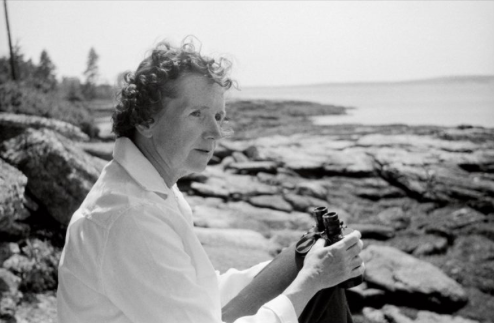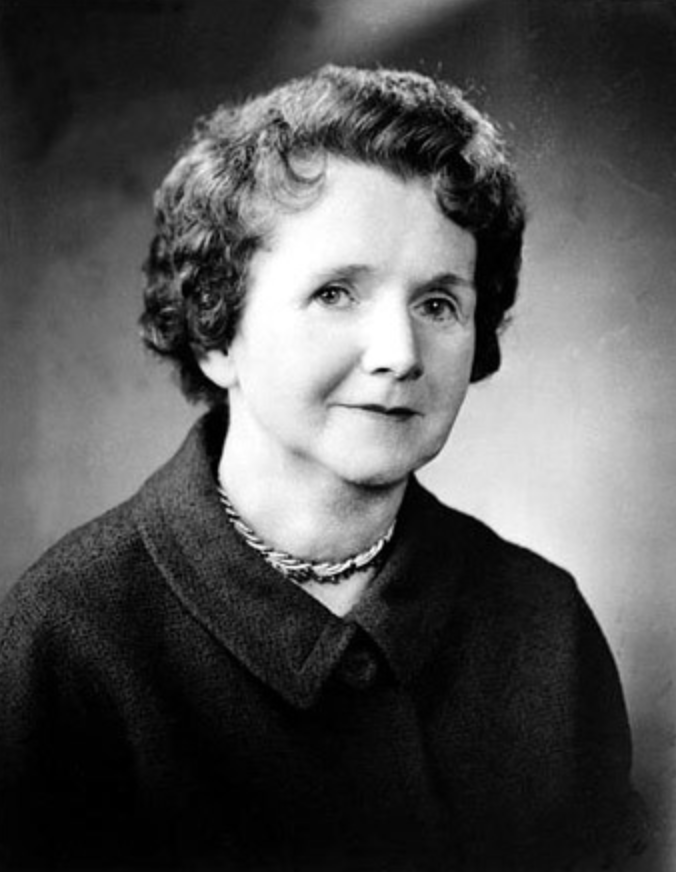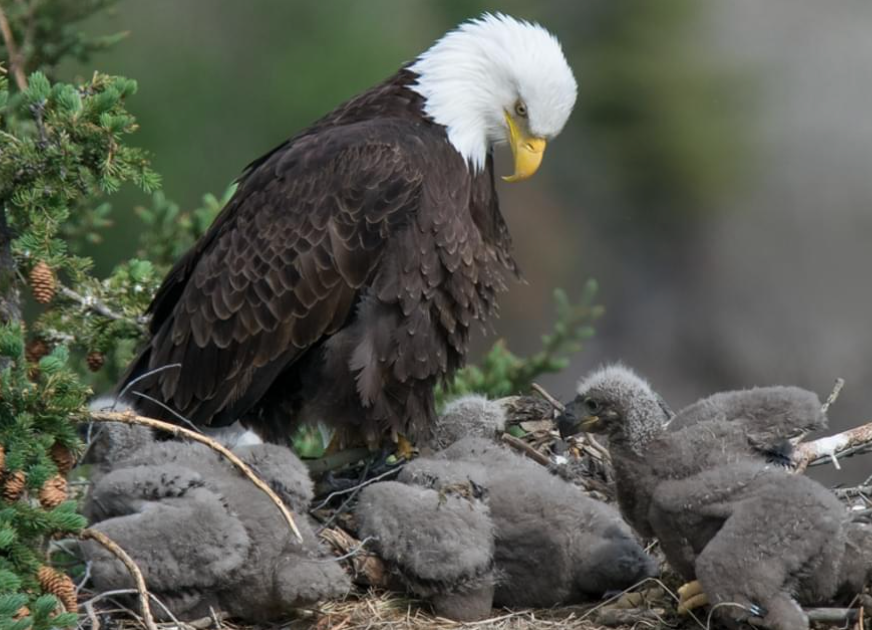LAUNCHING A MOVEMENT


"Rachel Carson on the Maine coast in 1960." Courtesy of The Rachel Carson Council

Courtesy of Rachel Carson.org
On April 14, 1964, Rachel Carson died after a long battle with breast cancer, only six months after Silent Spring was published. Sadly, she did not live to see the lasting effects of her work. But, her legacy goes well beyond the banning of just one pesticide. Carson’s activism generated the public outcry that gave birth to the modern environmental movement.
“The worst thing you could say about Silent Spring is actually a compliment. “It’s not a work of science,” and that’s true it’s not a work of science. It’s a work of science communication. She is communicating to us what scientists have to say and she is communicating the meaning of that scientific work. She makes clear what’s at stake, and that’s her great gift.”
- Naomi Oreskes
Through her profound ability to communicate, she won over the public and made them care about the environment in a way that no one else had done before. She caused the nation to rethink its entire relationship with nature and so to recognize the responsibility to preserve the natural world.
Interview with Dr. David Kinkela, author of "DDT and the American Century: Global Health, Environmental Politics, and the Pesticide That Changed the World," about Rachel Carson's impact.
“[Through her book] she alerted and aroused the public about needless and dangerous chemical pollution of our environment and sounded a timely warning that technology, run away from science, can be a threat to man.” - Carl W. Buchhesiter
Carson educated many about the importance of wildlife and from her persistent efforts came decades of reform, starting with uniting the nation for the protection of the bald eagle. Silent Spring also led the U.S. to establish the Environmental Protection Agency (EPA) in 1970 and ban DDT in 1972. The Endangered Species Act was also directly influenced by Carson's conservationism, which created a new norm: America isn’t just a people, it is a land and if we lose the environment then we are losing a part of what makes our country.

Courtesy of The Cornell Lab of Ornithology